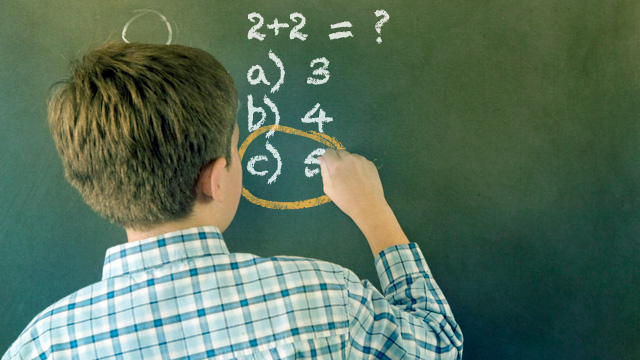Revisiting why incompetents think they’re awesome
Ars Technica 2016-11-05

(credit: Aurich Lawson)
Another election day in the US is rapidly approaching (Tuesday, Nov. 8—mark your calendars!). So for no reason in particular, we're resurfacing our close examination of the Dunning-Kruger effect from May 25, 2012.
In 1999 a pair of researchers published a paper called "Unskilled and Unaware of It: How Difficulties in Recognizing One's Own Incompetence Lead to Inflated Self-Assessments (PDF)." David Dunning and Justin Kruger (both at Cornell University's Department of Psychology at the time) conducted a series of four studies showing that, in certain cases, people who are very bad at something think they are actually pretty good. They showed that to assess your own expertise at something, you need to have a certain amount of expertise already.
Remember the 2008 election campaign? The financial markets were going crazy, and banks that were "too big to fail" were bailed out by the government. Smug EU officials proclaimed that all was well within the EU—even while they were bailing out a number of financial institutions. Fast forward to 2012, and the EU is looking at hard times. Greece can't pay its debt. Italy can, but the markets don't trust it to be able to. Spain and Portugal are teetering around like toddlers just waiting for the market to give them one good push. Members of the public are behaving like teenagers, screaming "F**k you," while flipping the bird. The markets are reacting like drunk parents, and the resulting bruises are going to take a while to heal.